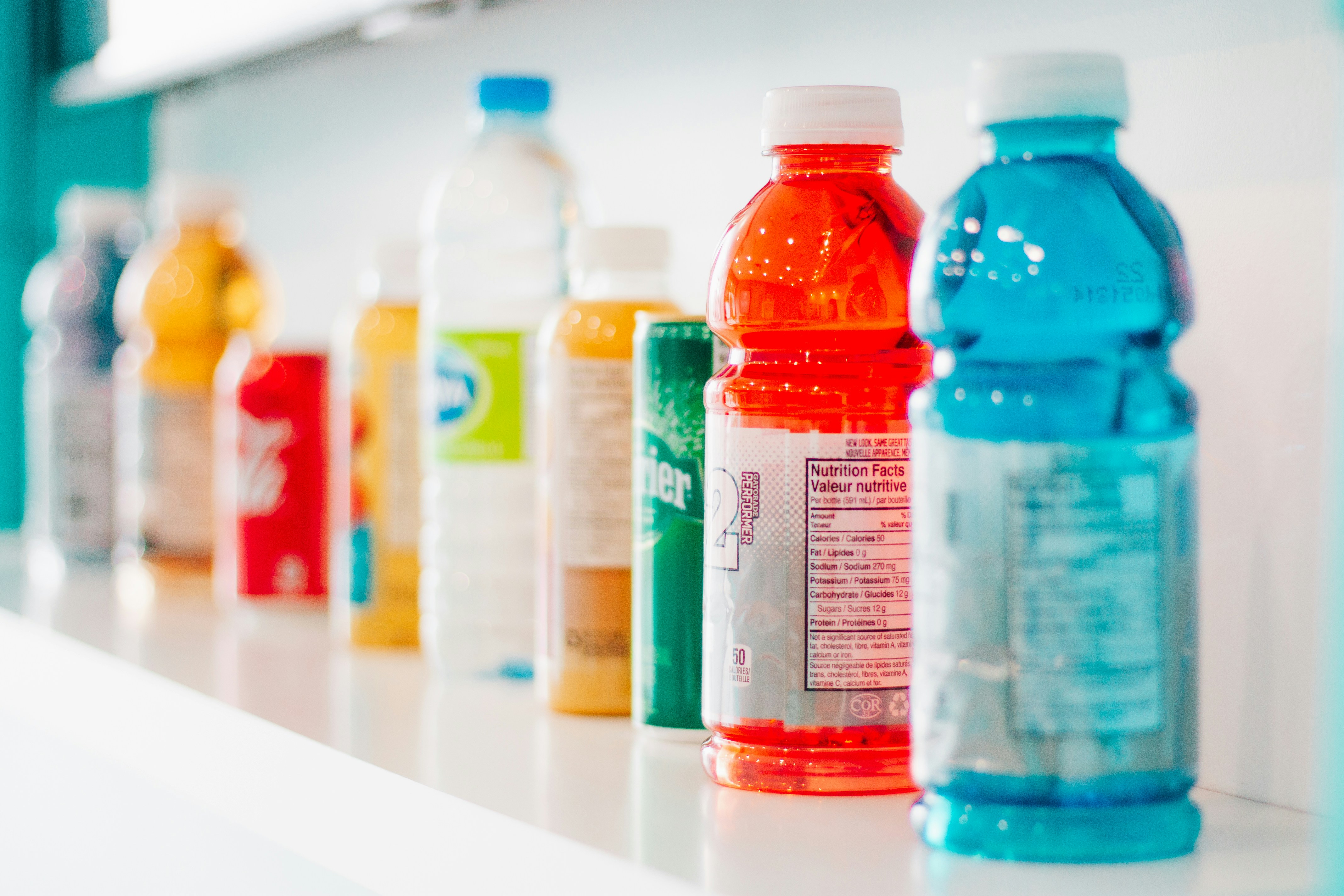By the time we hit our 40s, we’ve often learned (the hard way) that less isn’t always better—especially when it comes to food.
Between work, kids, workouts, and trying to stay sane, many busy professionals are unintentionally under-fuelling their bodies. That’s right—under-eating is far more common than over-eating in this age group, especially for active individuals.
Why?
- We skip meals between meetings.
- We rely on caffeine to “push through” hunger.
- We still carry restrictive diet habits from our 30s.
- We don’t feel as hungry after stressful days—but crash hard later.
The result?
Low energy, poor recovery, disrupted sleep, mood swings, and stubborn body composition shifts.
🔍 What Does “Balanced” Actually Look Like?
A truly balanced plate at 40+ includes:
- Quality Protein (25–40g): Think salmon, eggs, chicken, Greek yogurt, tofu. Essential for muscle maintenance, recovery, and metabolism.
- Slow-Burning Carbs (25–50g): Sweet potato, oats, quinoa, wholegrains. These fuel your brain and workouts.
- Healthy Fats (10–20g): Avocado, olive oil, nuts. Key for hormones, joints, and feeling full.
- Colourful Plants (at least 2 portions): Broccoli, spinach, carrots, berries. Antioxidants + fiber = better digestion and long-term health.
Meal example:
Grilled salmon, roasted sweet potato, steamed broccoli, and a drizzle of olive oil =
⚖️ ~450–500 kcal
⚙️ 30g protein | 35g carbs | 20g fat | 8g fiber
💡 Final Thought:
“Balanced” doesn’t mean cutting out food groups or going low-calorie—it means giving your body what it needs to show up fully in work, workouts, and life.
If you’ve been low-energy, under-recovering, or feeling like your metabolism’s slowing down, the answer might not be to eat less—but to eat better.
📥 Want a personalized balanced plate guide?
Get in touch with us for more.
More related to this articles

Electrolytes: Why They’re Overrated (and When You Actually Need Them)
Electrolytes are one of the most overhyped products in sports nutrition. While brands push powders and tablets as everyday essentials, most athletes don’t actually need them for regular training. Water and a balanced diet provide more than enough for sessions under an hour. Electrolytes only become useful in hot conditions, during long endurance events, or for athletes with heavy sweat losses. The takeaway? They’re a tool for specific situations, not a daily performance hack.

Forget Diet Culture. Here’s What Balanced Actually Means When You’re 40+

Optimising Match-Day Nutrition: What New Research Tells Us About Fueling and Recovery in Football
In elite football, small gains can make a big difference. Get your nutrition protocols in check.
.svg)
